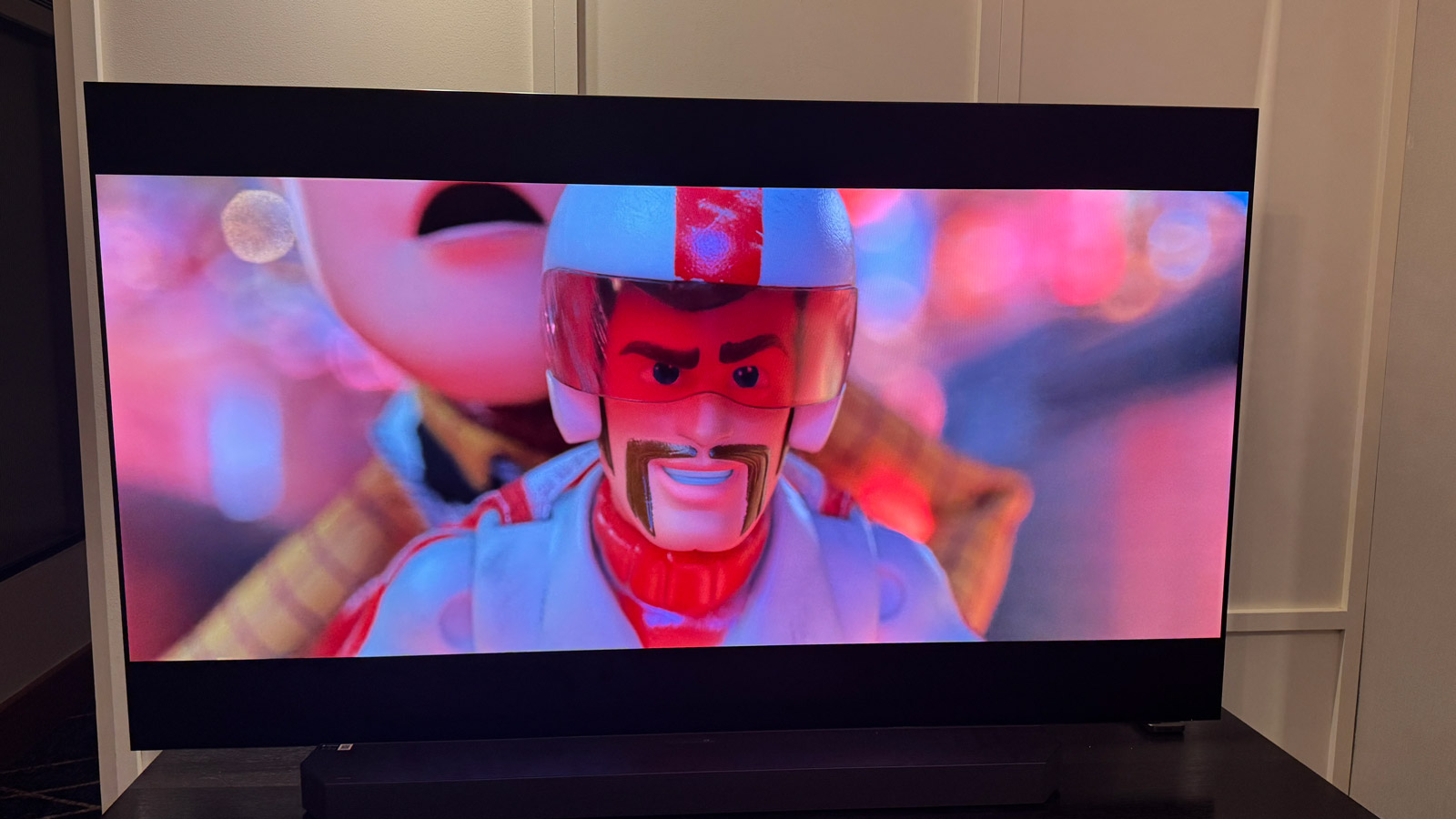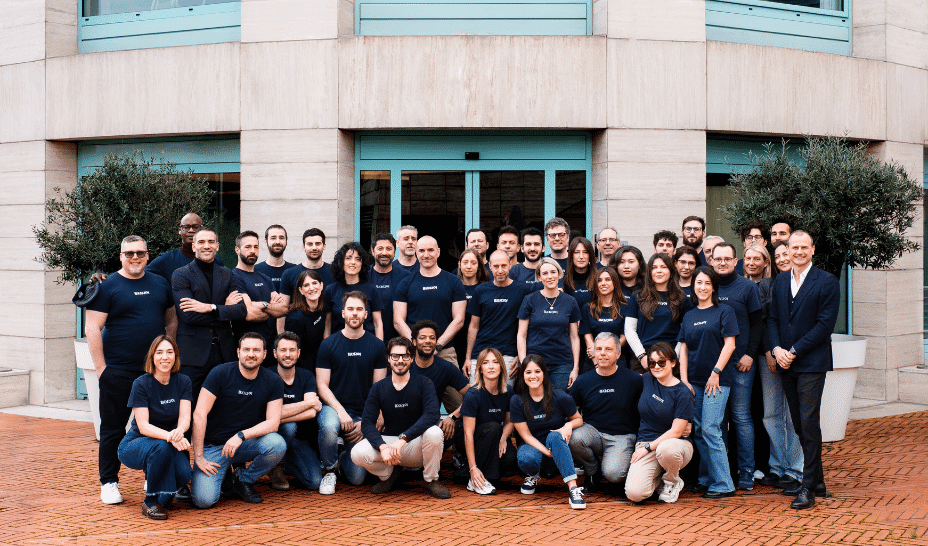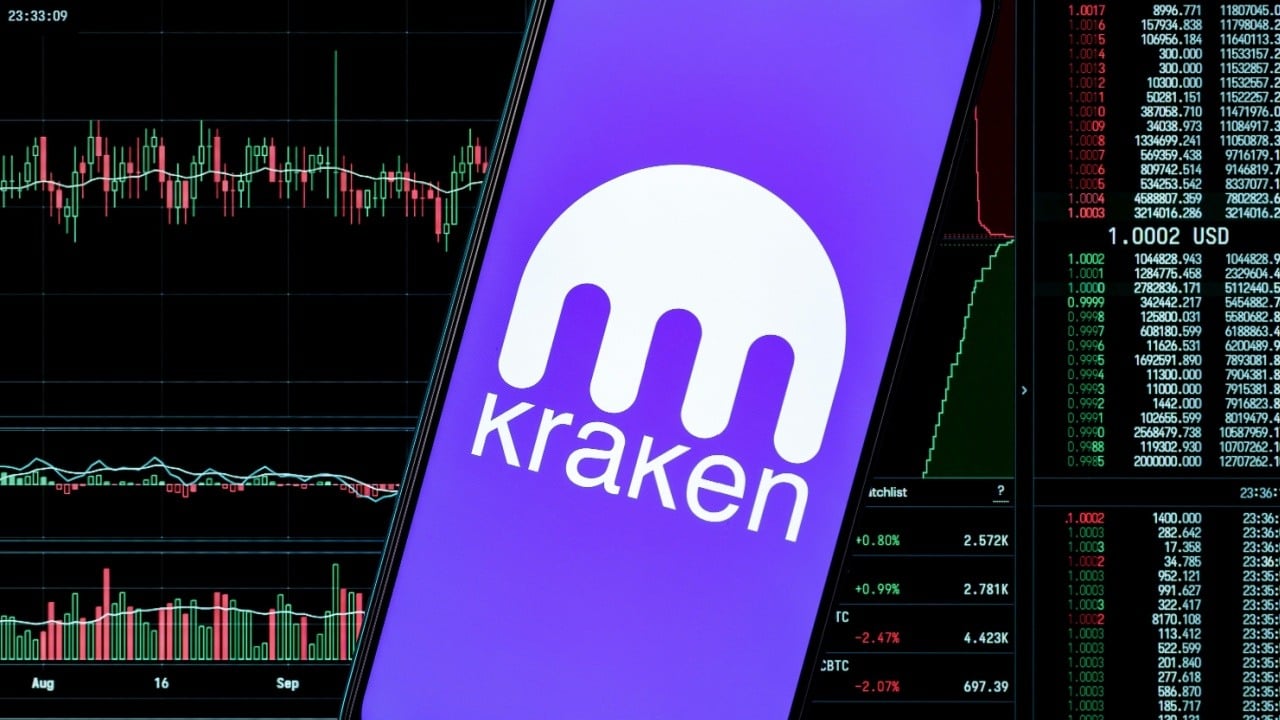VSCode 3 - Event: From Emitters to Disposables
At the heart of Visual Studio Code's reactive architecture lies a powerful event system. This system enables components to communicate without tight coupling, leading to a more maintainable and extensible codebase. This article explores VSCode's event system, how it works, and why it's superior to traditional approaches. The Problem: Traditional Event Handling In browser-based JavaScript, event handling typically looks like this: // Add a listener button.addEventListener('click', handleClick); // Later, manually remove it to prevent memory leaks button.removeEventListener('click', handleClick); This approach has several drawbacks: Manual cleanup: Developers must remember to remove listeners Difficult tracking: It's hard to know which listeners are active No standardization: Different event sources have different APIs No type safety: Events and their data aren't typed VSCode's Solution: A Typed, Disposable Event System VSCode's event system addresses these issues with three core components: Emitter: Creates and fires events Event: A function that registers listeners Disposable: Handles automatic cleanup Here's a simple example: // Service with an event class DocumentService { // Create an emitter private readonly _onDidOpenDocument = new Emitter(); // Expose only the event (not the emitter) readonly onDidOpenDocument = this._onDidOpenDocument.event; openDocument(uri: URI): Document { // Document opening logic... const document = new Document(uri); // Fire the event this._onDidOpenDocument.fire(document); return document; } } // Component using the event class DocumentListener extends Disposable { constructor(private documentService: DocumentService) { super(); // Register for the event this._register(documentService.onDidOpenDocument(document => { console.log(`Document opened: ${document.uri.toString()}`); })); } } Visualizing the Flow The event system follows this flow: ┌──────────────────┐ ┌──────────────────────┐ │ DocumentService │ │ DocumentListener │ └────────┬─────────┘ └──────────┬───────────┘ │ │ │ 1. Creates │ ▼ │ ┌─────────────────┐ │ │ Emitter │ │ │ │ │ │ ┌───────────┐ │ 2. Registers listener │ │ │ listeners │◄─┼──────────────────────────┘ │ │ array │ │ │ └───────────┘ │ Returns │ │ Disposable │ ├─────────────────────────► └────────┬────────┘ │ │ 3. Fires event │ (calls listeners) ▼ Notification How the Event System Works Let's examine the implementation details to understand how this elegant system functions. The Emitter Class At its core, an Emitter manages a list of listeners and notifies them when an event occurs: class Emitter { private listeners: Array void> = []; // The event function that adds listeners readonly event = (listener: (data: T) => void): IDisposable => { // Add the listener this.listeners.push(listener); // Return a disposable for removal return { dispose: () => { const idx = this.listeners.indexOf(listener); if (idx >= 0) { this.listeners.splice(idx, 1); } } }; }; // Notify all listeners fire(data: T): void { // Create a copy to handle listeners that might remove themselves const listeners = [...this.listeners]; for (const listener of listeners) { listener(data); } } } The Disposable Class The Disposable class is the foundation of VSCode's resource management system. It tracks resources that need cleanup and handles their disposal: class Disposable { private _toDispose = new Set(); // Register a disposable for automatic cleanup protected _register(disposable: T): T { this._toDispose.add(disposable); return disposable; } // Dispose all registered disposables dispose(): void { for (const disposable of this._toDispose) { disposable.dispose(); } this._toDispose.clear(); } } This class provides several key benefits: Centralized cleanup: All resources are managed in one place Hierarchical disposal: Disposables can contain other disposables Automatic tracking: No need to manually track each resource Fluent API: The _register method returns the disposable for further use When you call documentService.onDidOpenDocument(listener): You're calling the function stored in onDidOpenDocument This function adds your listener to the emitter's array It returns a disposable that can remove your listener Later, when the emitter fires, your listener is called The Co
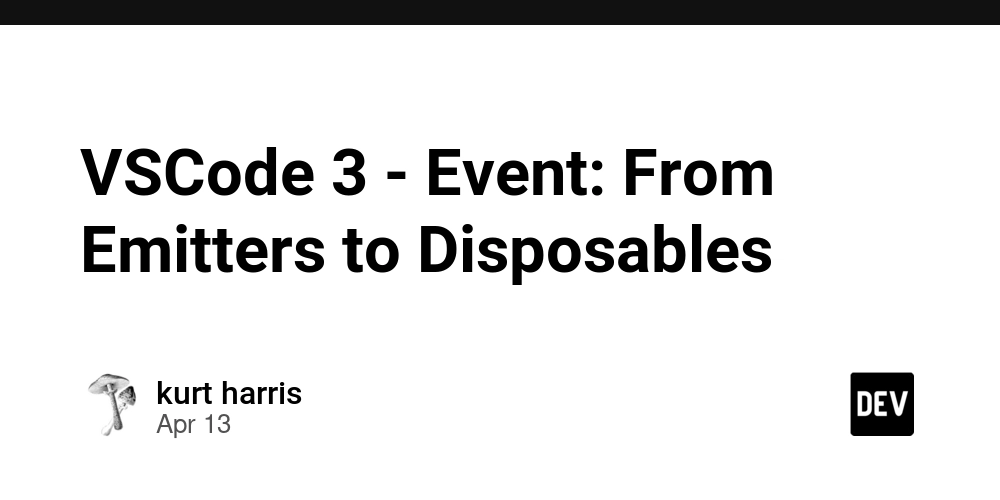
At the heart of Visual Studio Code's reactive architecture lies a powerful event system. This system enables components to communicate without tight coupling, leading to a more maintainable and extensible codebase.
This article explores VSCode's event system, how it works, and why it's superior to traditional approaches.
The Problem: Traditional Event Handling
In browser-based JavaScript, event handling typically looks like this:
// Add a listener
button.addEventListener('click', handleClick);
// Later, manually remove it to prevent memory leaks
button.removeEventListener('click', handleClick);
This approach has several drawbacks:
- Manual cleanup: Developers must remember to remove listeners
- Difficult tracking: It's hard to know which listeners are active
- No standardization: Different event sources have different APIs
- No type safety: Events and their data aren't typed
VSCode's Solution: A Typed, Disposable Event System
VSCode's event system addresses these issues with three core components:
- Emitter: Creates and fires events
- Event: A function that registers listeners
- Disposable: Handles automatic cleanup
Here's a simple example:
// Service with an event
class DocumentService {
// Create an emitter
private readonly _onDidOpenDocument = new Emitter<Document>();
// Expose only the event (not the emitter)
readonly onDidOpenDocument = this._onDidOpenDocument.event;
openDocument(uri: URI): Document {
// Document opening logic...
const document = new Document(uri);
// Fire the event
this._onDidOpenDocument.fire(document);
return document;
}
}
// Component using the event
class DocumentListener extends Disposable {
constructor(private documentService: DocumentService) {
super();
// Register for the event
this._register(documentService.onDidOpenDocument(document => {
console.log(`Document opened: ${document.uri.toString()}`);
}));
}
}
Visualizing the Flow
The event system follows this flow:
┌──────────────────┐ ┌──────────────────────┐
│ DocumentService │ │ DocumentListener │
└────────┬─────────┘ └──────────┬───────────┘
│ │
│ 1. Creates │
▼ │
┌─────────────────┐ │
│ Emitter │ │
│ │ │
│ ┌───────────┐ │ 2. Registers listener │
│ │ listeners │◄─┼──────────────────────────┘
│ │ array │ │
│ └───────────┘ │ Returns
│ │ Disposable
│ ├─────────────────────────►
└────────┬────────┘
│
│ 3. Fires event
│ (calls listeners)
▼
Notification
How the Event System Works
Let's examine the implementation details to understand how this elegant system functions.
The Emitter Class
At its core, an Emitter manages a list of listeners and notifies them when an event occurs:
class Emitter<T> {
private listeners: Array<(data: T) => void> = [];
// The event function that adds listeners
readonly event = (listener: (data: T) => void): IDisposable => {
// Add the listener
this.listeners.push(listener);
// Return a disposable for removal
return {
dispose: () => {
const idx = this.listeners.indexOf(listener);
if (idx >= 0) {
this.listeners.splice(idx, 1);
}
}
};
};
// Notify all listeners
fire(data: T): void {
// Create a copy to handle listeners that might remove themselves
const listeners = [...this.listeners];
for (const listener of listeners) {
listener(data);
}
}
}
The Disposable Class
The Disposable class is the foundation of VSCode's resource management system. It tracks resources that need cleanup and handles their disposal:
class Disposable {
private _toDispose = new Set<IDisposable>();
// Register a disposable for automatic cleanup
protected _register<T extends IDisposable>(disposable: T): T {
this._toDispose.add(disposable);
return disposable;
}
// Dispose all registered disposables
dispose(): void {
for (const disposable of this._toDispose) {
disposable.dispose();
}
this._toDispose.clear();
}
}
This class provides several key benefits:
- Centralized cleanup: All resources are managed in one place
- Hierarchical disposal: Disposables can contain other disposables
- Automatic tracking: No need to manually track each resource
-
Fluent API: The
_registermethod returns the disposable for further use
When you call documentService.onDidOpenDocument(listener):
- You're calling the function stored in
onDidOpenDocument - This function adds your listener to the emitter's array
- It returns a disposable that can remove your listener
- Later, when the emitter fires, your listener is called
The Connection: with Workbench Contributions
This event system integrates perfectly with VSCode's workbench contributions and the _register method:
class GitStatusFeature extends Disposable implements IWorkbenchContribution {
static ID = 'workbench.contrib.gitStatus';
constructor(
@IGitService private gitService: IGitService,
@IStatusBarService private statusBarService: IStatusBarService
) {
super();
// Create status bar item
const statusItem = statusBarService.createStatusbarItem();
statusItem.text = 'Git: clean';
statusItem.show();
// Register the item for disposal
this._register(statusItem);
// Register for git repository changes
this._register(gitService.onDidChangeRepository(repo => {
this.updateStatus(repo, statusItem);
}));
}
private updateStatus(repo: IGitRepository, item: IStatusBarItem): void {
if (repo.getChanges().length > 0) {
item.text = `Git: ${repo.getChanges().length} changes`;
} else {
item.text = 'Git: clean';
}
}
}
registerWorkbenchContribution2(
GitStatusFeature.ID,
GitStatusFeature,
WorkbenchPhase.AfterRestored
);
When this contribution is disposed:
- The
_registermethod has stored all disposables - The base
Disposableclass'sdisposemethod is called - All registered disposables have their
disposemethods called - The event listeners are removed
- The status bar item is removed
This happens automatically without the developer having to track and clean up each resource individually.
The Benefits of VSCode's Event System
1. Automatic Cleanup
With traditional browser events:
// Need to manually remove
element.removeEventListener('click', handler);
With VSCode's system:
// Automatic cleanup when the component is disposed
this._register(service.onEvent(handler));
2. Type Safety
The generic type parameter ensures type safety:
// The emitter is typed to emit Document objects
private readonly _onDidOpenDocument = new Emitter<Document>();
// The listener receives a Document parameter
documentService.onDidOpenDocument(document => {
// TypeScript knows 'document' is a Document
console.log(document.uri.toString());
});
3. Consistent API
All events follow the same pattern:
- Service events are named
onDidSomething - All event handlers take a single parameter
- All event subscriptions return disposables
This consistency makes the codebase more maintainable.
4. Event Composition
VSCode's system allows for powerful event composition:
// Create an event that only fires for certain conditions
const onDidOpenJavaFile = Event.filter(
documentService.onDidOpenDocument,
document => document.languageId === 'java'
);
// Use the filtered event
this._register(onDidOpenJavaFile(document => {
// Only called for Java files
}));
Comparison with Browser Events
Let's compare VSCode's event system with traditional browser events:
| Feature | Browser Events | VSCode Events |
|---|---|---|
| Cleanup | Manual removeEventListener | Automatic with disposables |
| Type Safety | None (vanilla JS) | Full TypeScript support |
| API Consistency | Varies by event source | Consistent pattern |
| Composition | Limited | Rich composition support |
| Event Creation | Complex | Simple Emitter class |
| Memory Leaks | Common problem | Largely prevented |
Conclusion
VSCode's event system represents a sophisticated approach to component communication that addresses many of the shortcomings of traditional event models. By combining typed events, automatic resource management, and a consistent API, it creates a foundation for building complex, reactive applications that remain maintainable.
The system's integration with workbench contributions and the dependency injection system creates a cohesive architecture where:
- Services emit events when things change
- Components listen for relevant events
- The disposable pattern ensures proper cleanup
- Changes propagate efficiently through the system
The combination of Emitter, Event, and Disposable creates a powerful reactive programming model that scales well to applications of any size, providing clear separation of concerns while maintaining high performance.



























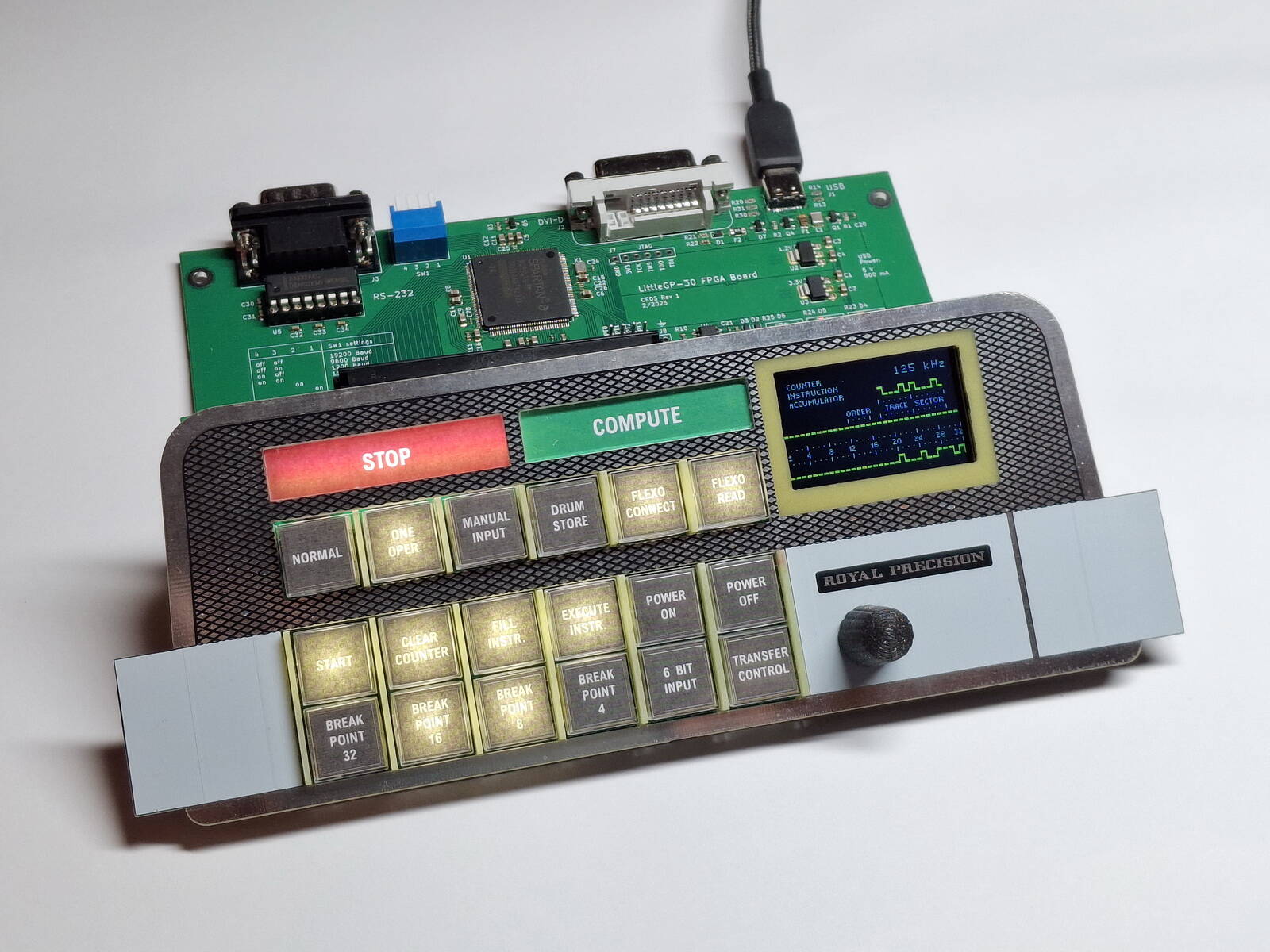















































































































































![[The AI Show Episode 143]: ChatGPT Revenue Surge, New AGI Timelines, Amazon’s AI Agent, Claude for Education, Model Context Protocol & LLMs Pass the Turing Test](https://www.marketingaiinstitute.com/hubfs/ep%20143%20cover.png)













































































































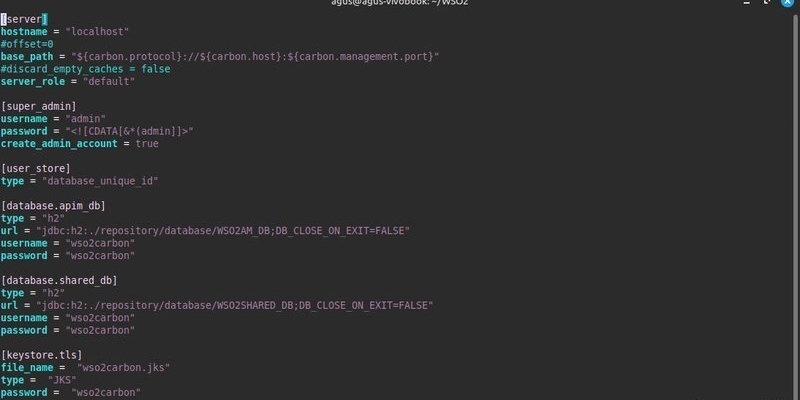




























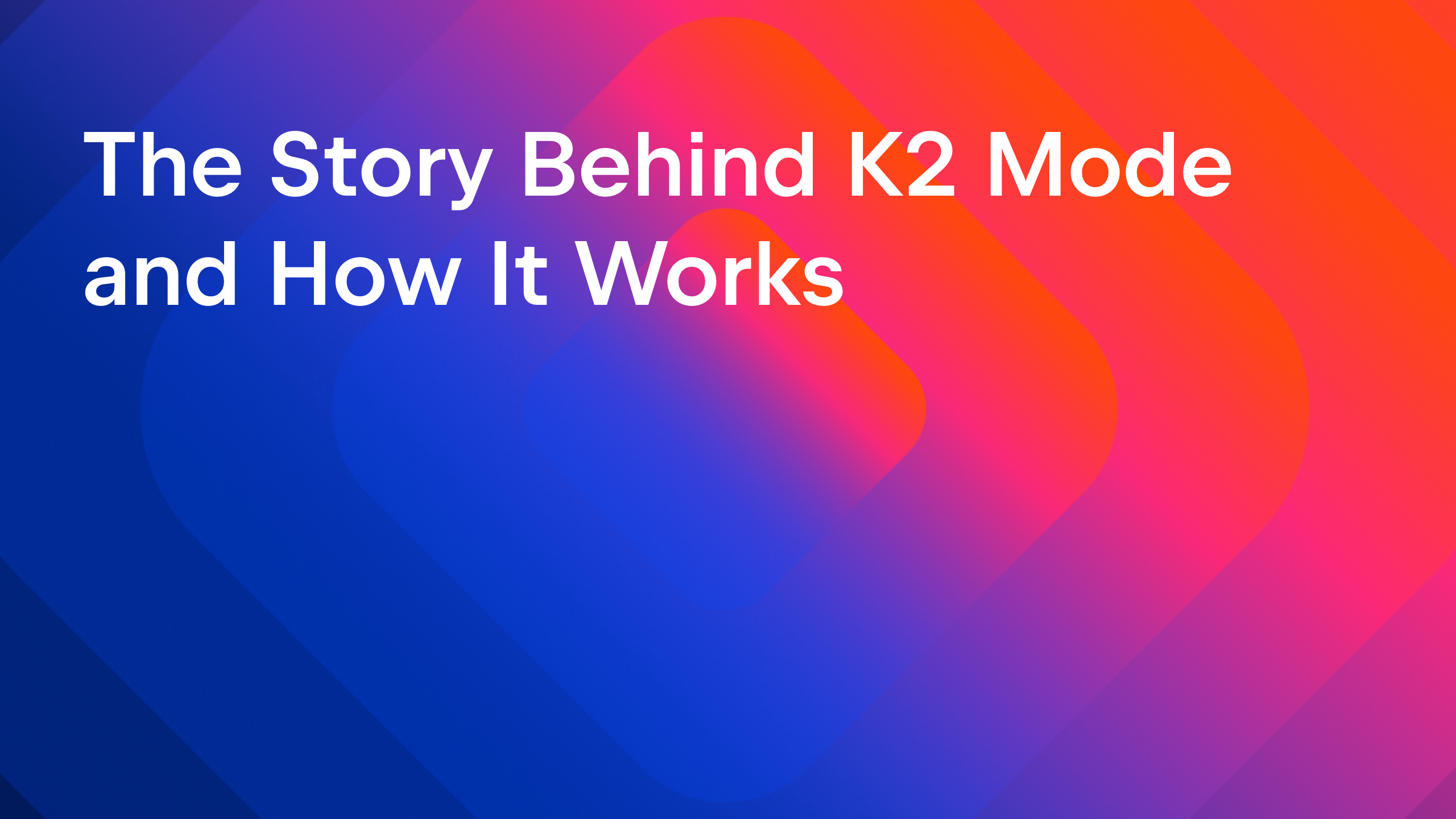








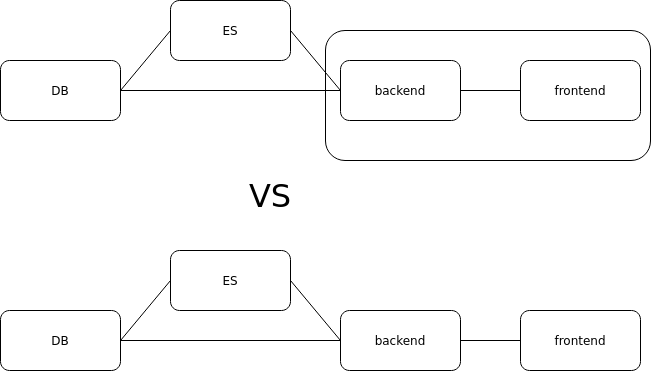




















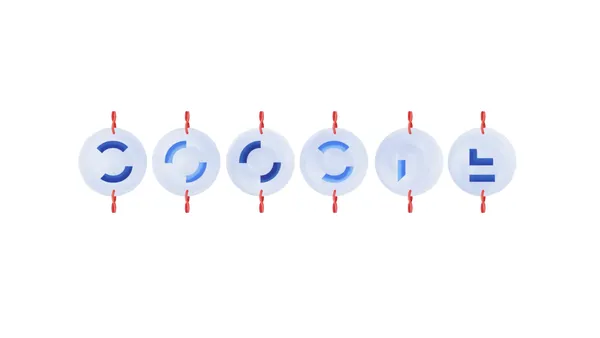



























































.png?#)






















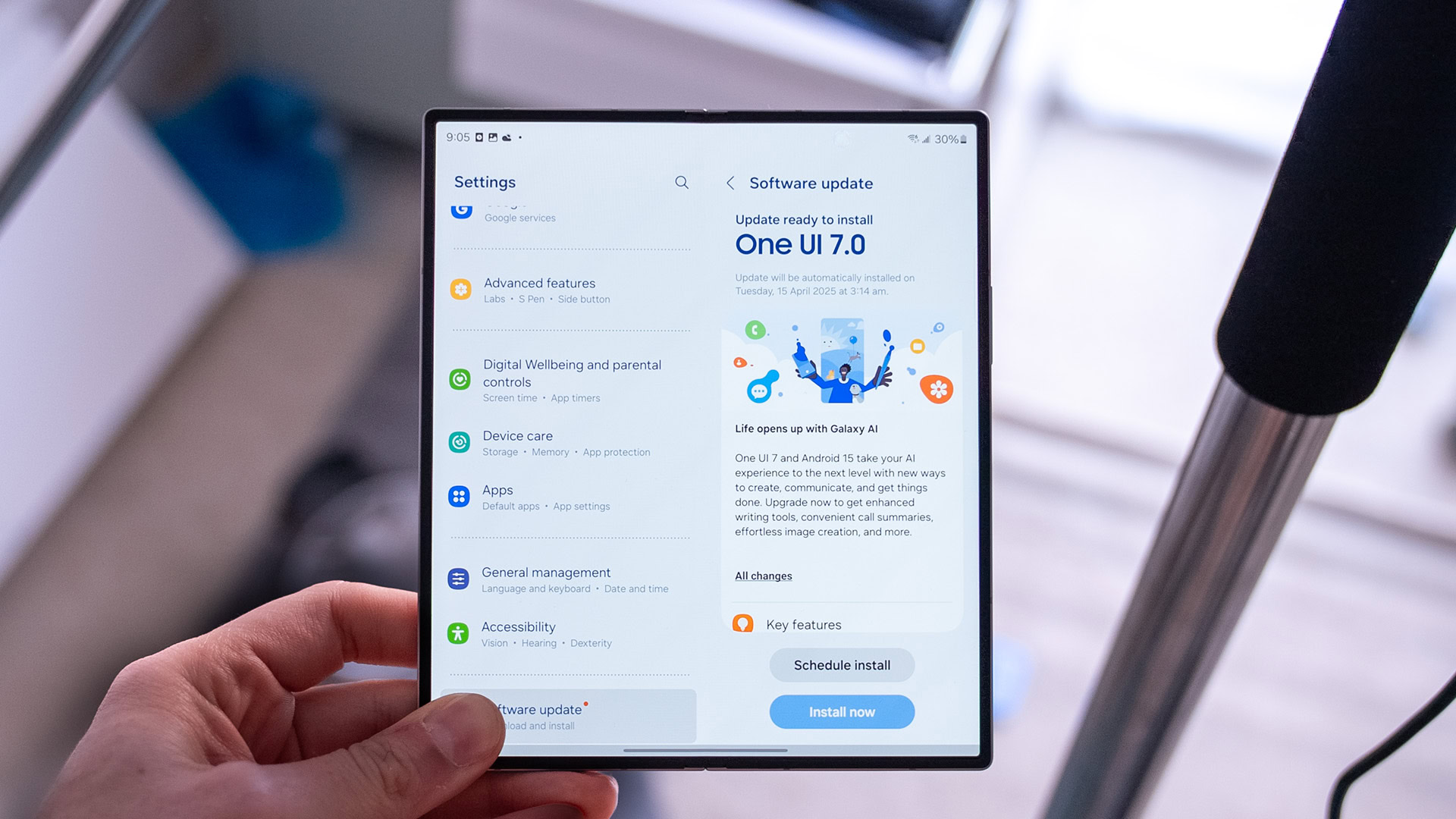


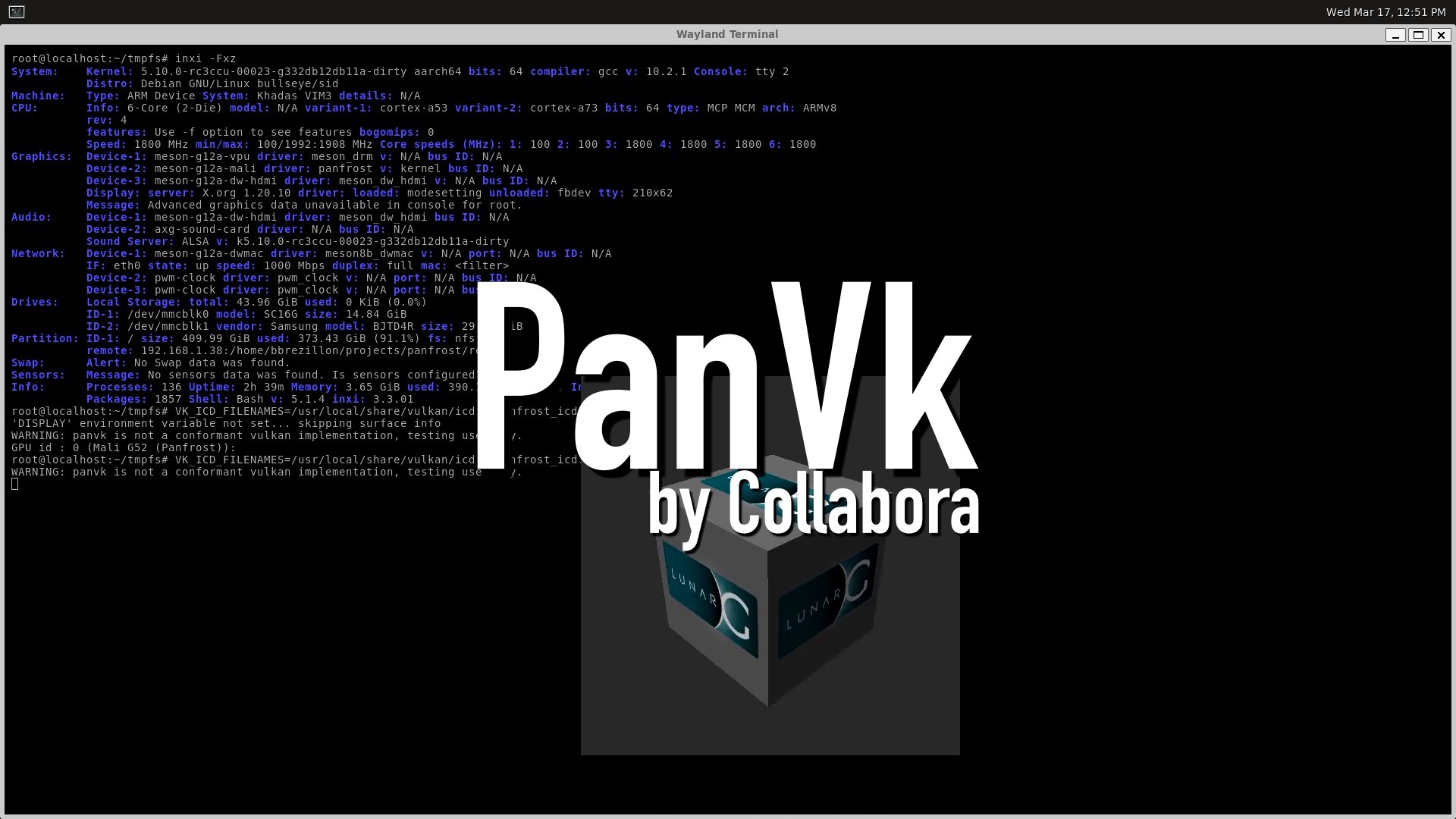










.webp?#)
.webp?#)














































































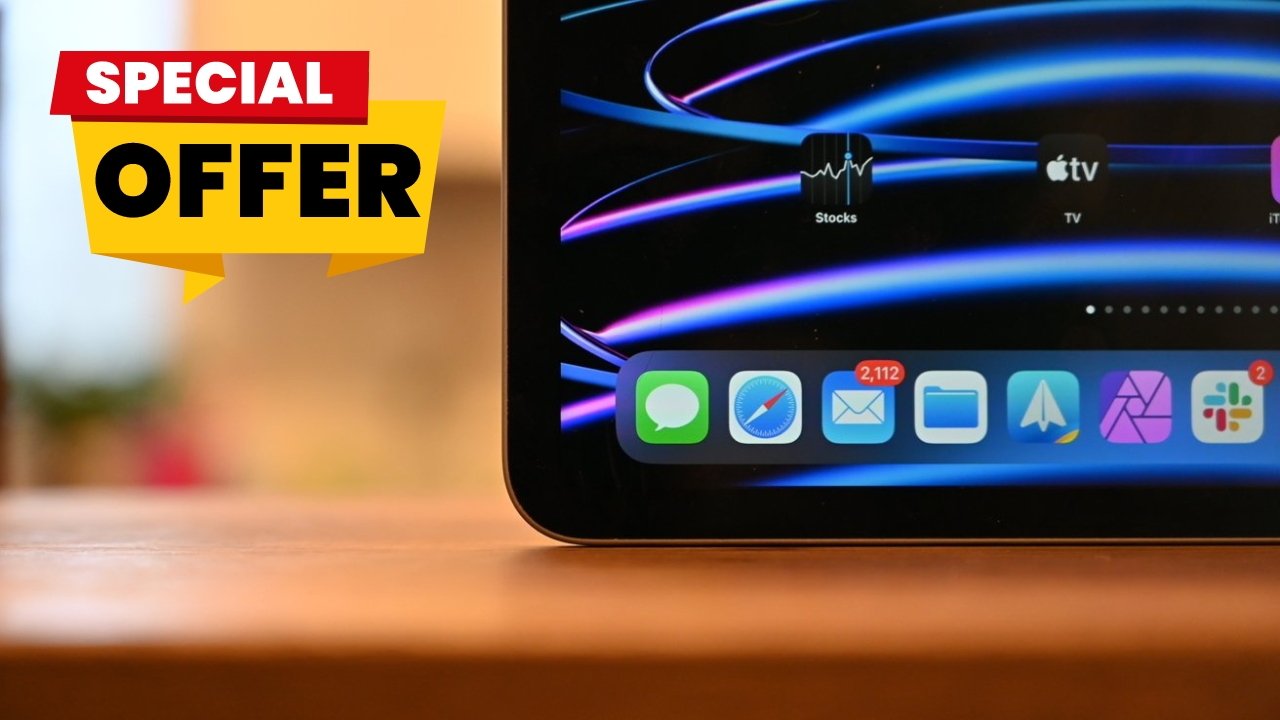

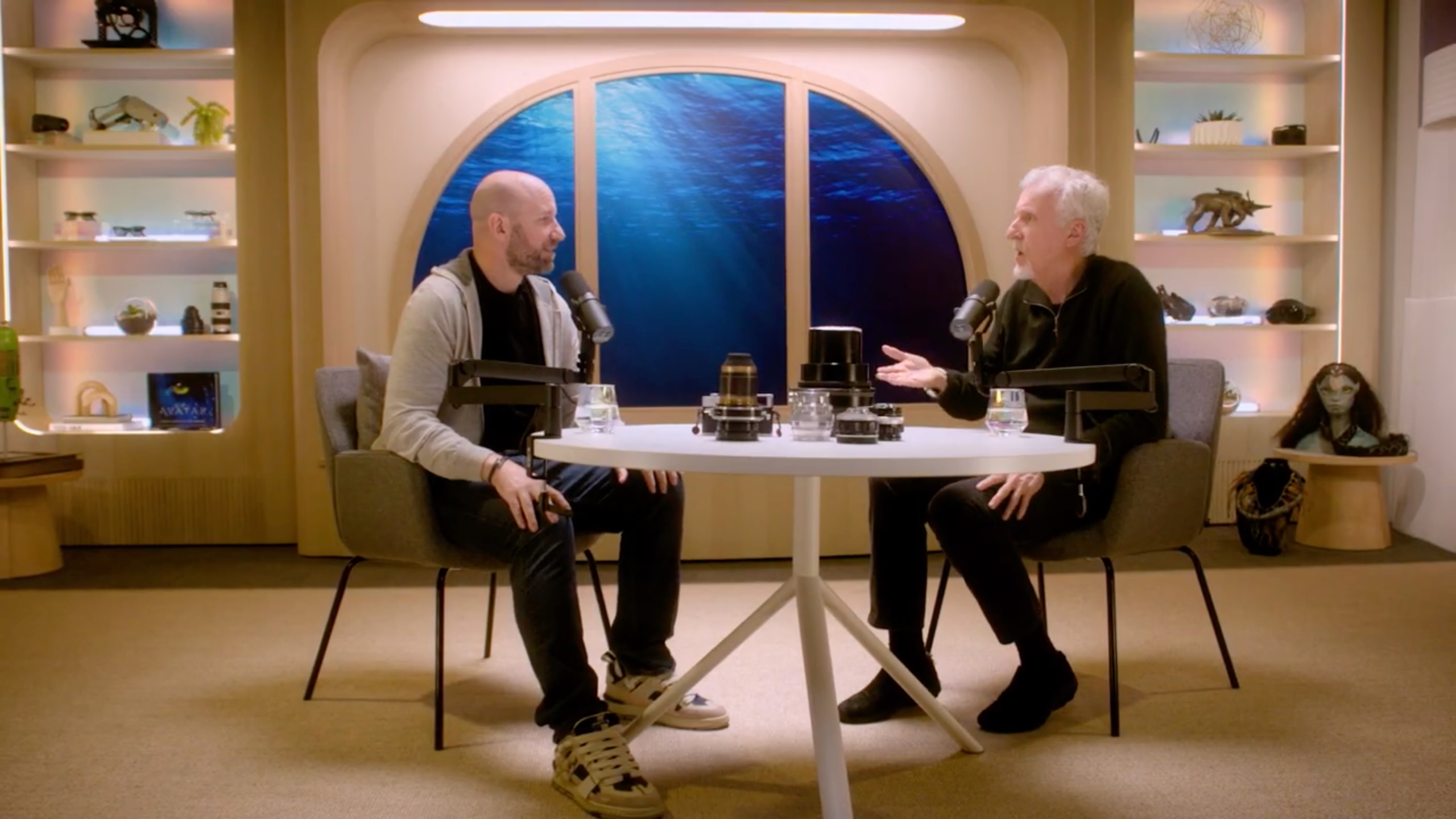

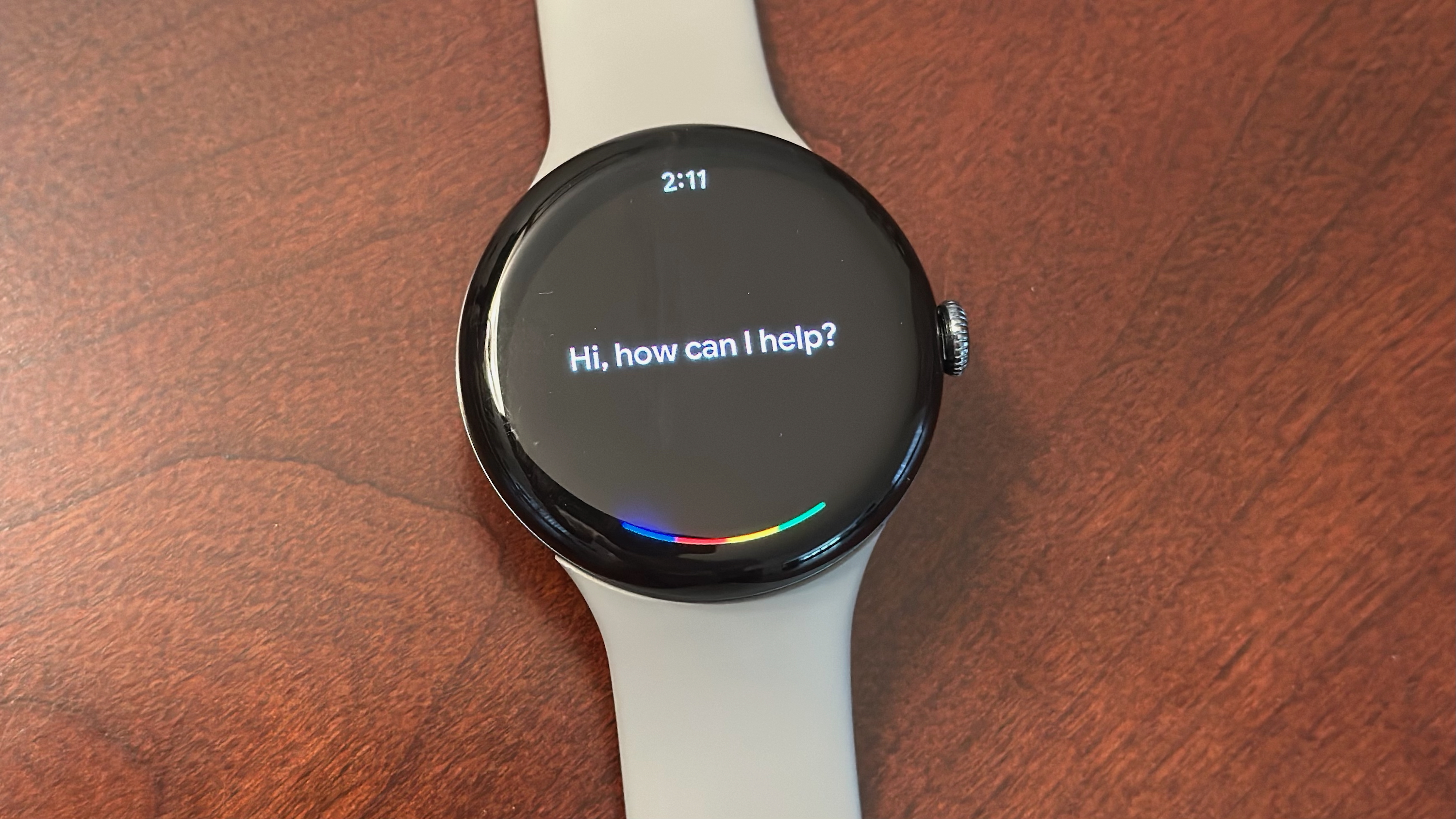






![[Fixed] Gemini app is failing to generate Audio Overviews](https://i0.wp.com/9to5google.com/wp-content/uploads/sites/4/2025/03/Gemini-Audio-Overview-cover.jpg?resize=1200%2C628&quality=82&strip=all&ssl=1)

![What’s new in Android’s April 2025 Google System Updates [U: 4/14]](https://i0.wp.com/9to5google.com/wp-content/uploads/sites/4/2025/01/google-play-services-3.jpg?resize=1200%2C628&quality=82&strip=all&ssl=1)











![Apple Seeds tvOS 18.5 Beta 2 to Developers [Download]](https://www.iclarified.com/images/news/97011/97011/97011-640.jpg)
![Apple Releases macOS Sequoia 15.5 Beta 2 to Developers [Download]](https://www.iclarified.com/images/news/97014/97014/97014-640.jpg)

















